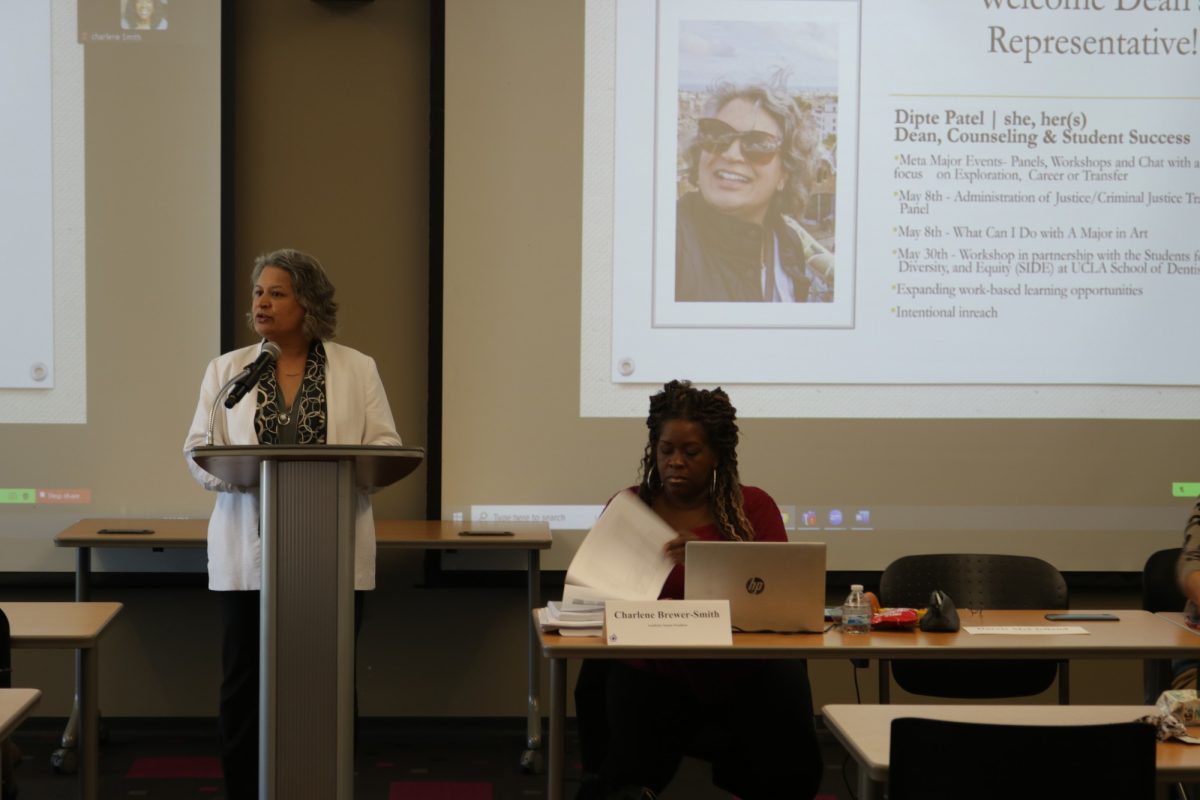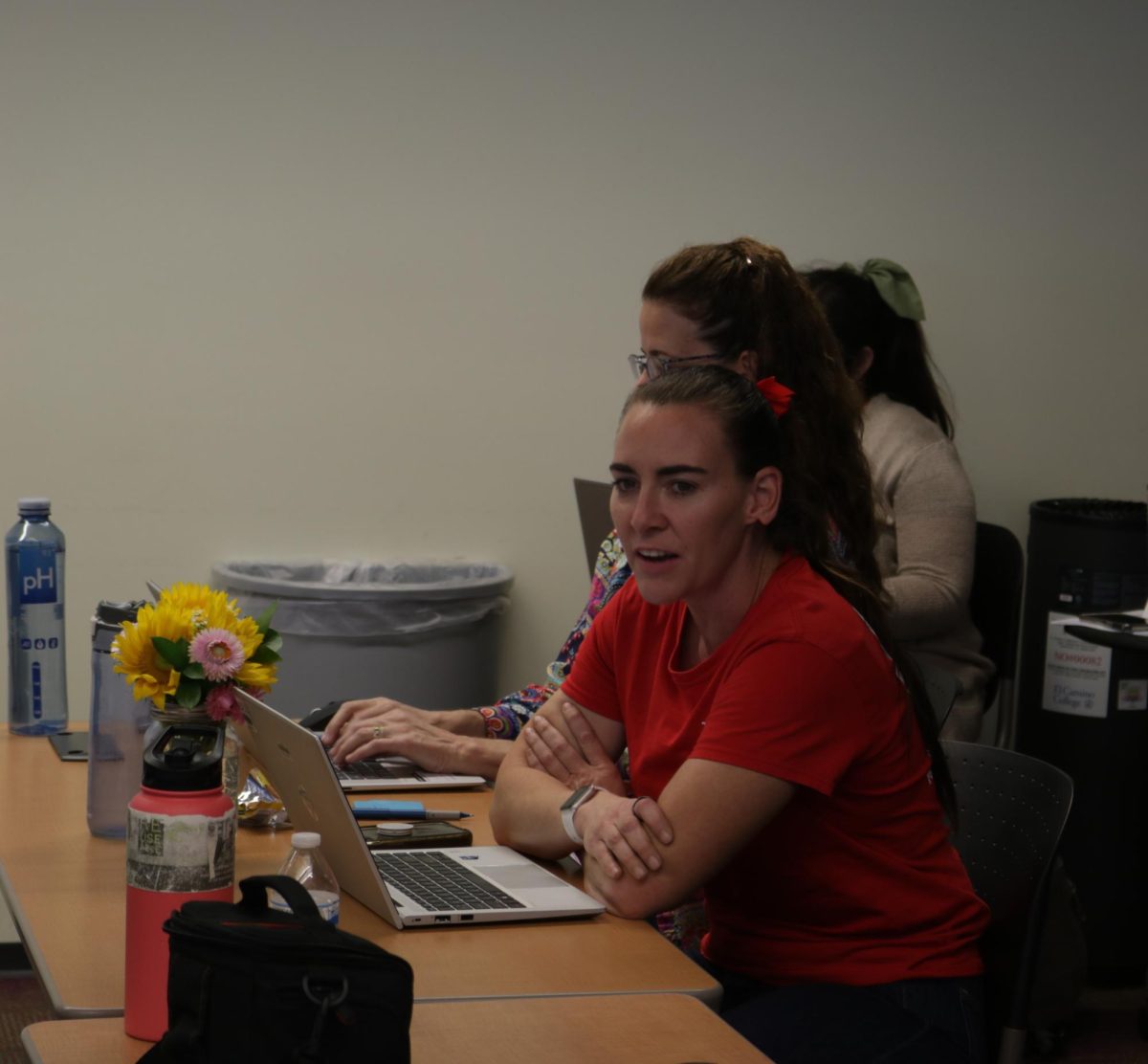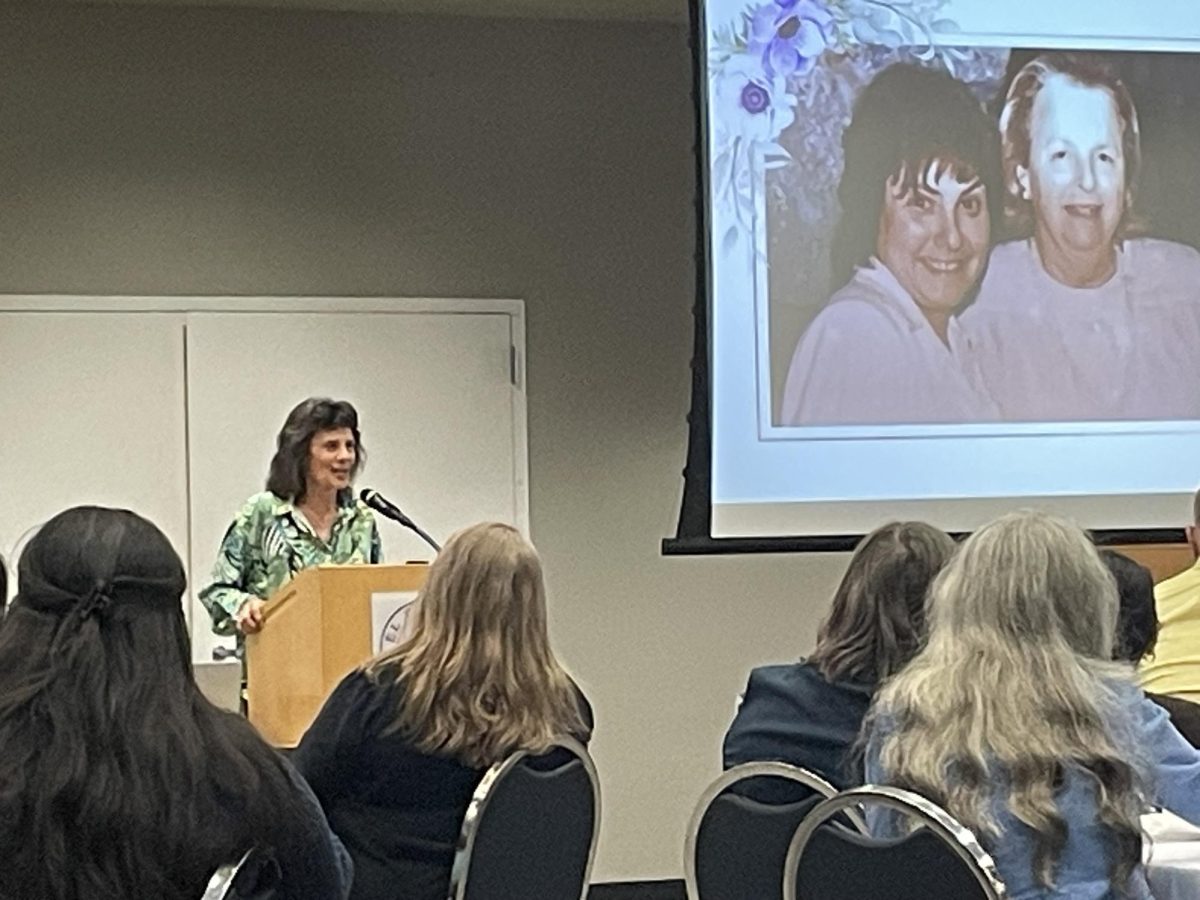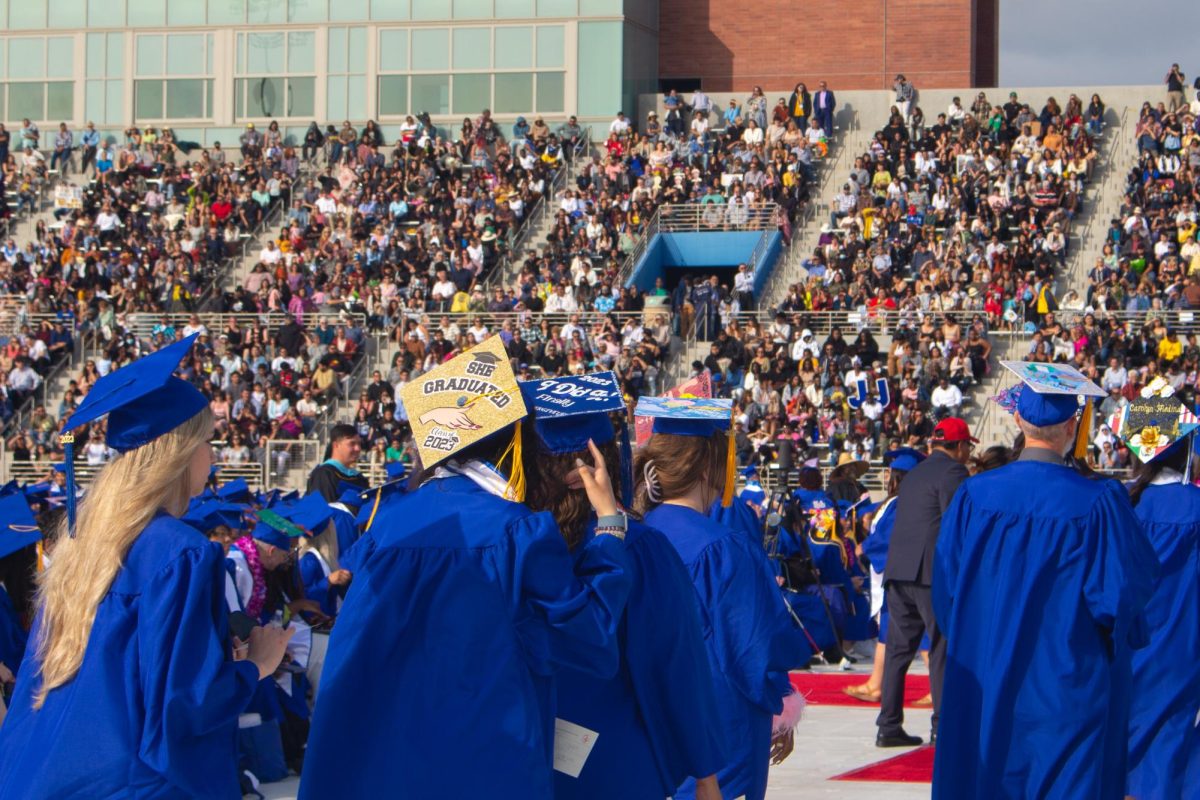With a proposed 13 percent pay raise which would boost his salary to $337,000 a year on the agenda, President Dr. Thomas Fallo decided to withdraw the proposal by removing the item from the board of trustees agenda Monday.
“My actions speak for themselves,” Fallo said. “I think the focus got taken away from EC, so I believe the focus should be brought back to our goals, which are excellence, accreditation and student success.”
Ray Gen, board of trustees member, said that Fallo did not ask for the raise, but it was proposed to Fallo by the board as compensation for his work at the El Camino College Compton Center.
“We had an agreement that work at Compton College would be the source of funding and President Fallo was the only person who was not being paid for his work at Compton and we thought that was unfair,” he said.
Sean Donnell, president of EC’s federation of teachers, however, said otherwise.
“That is absolutely, 100 percent not true,” he said. “Classified employees, by and large, are not compensated for work at Compton. Faculty members are only compensated if they serve on evaluation panels or hiring committees. Any other work that a faculty member does for the Compton Center goes unpaid.”
Gen, however, said this was a mistake and that it has been clear that work should be compensated.
“I’m trying to get to the bottom of this,” he said. “The board made sure everyone understood that anyone who does anything from the Compton Center should be compensated.”
Maureen O’Donnell, board of trustees member, said that even if Fallo was not compensated for his work at the Compton Center, he made a promise to do the work without reward.
“When we acquired the Compton Center, he said he wasn’t in it to gain anything,” she said. “I think we should hold him to that.”
Others believe that the raise was proposed to him because of a job interview Fallo received from Mira Costa College in November as a way to prevent him from leaving.
“I think part of the rationale behind this issue is that we would collapse without Fallo. It seems normal that anyone would want to advance, but to use money as a bait to keep (him) around is problematic. He won’t always be here and we need to instead start planning for his eventual departure,” Florence Baker, history professor, said.
The removal of the pay raise from the agenda, however, brought about pleased reactions by some members of the faculty.
“I’m shocked and I’m glad. I didn’t know if (President Fallo) would listen to us when we were discussing this with him. Never in my wildest dreams did I think this would happen,” Luukia Smith, president of classified employees, said.
Some believe that the fact that this issue even came up was damaging to the college and that, in the future, the college should take better care of the community’s interest.
“EC took a black eye. We have a lot of work to do with the community to prove that we are worthy of their trust, dollar and students,” Pete Marcoux, English professor, said.
Members of the faculty believed that with the economic crunch taking its toll on the country, it was wise of Fallo to decline the raise.
“I was pleasantly surprised that President Fallo pulled this item from the agenda. It would have been a bitter pill to swallow if he had received such a raise in the midst of the greatest economic crisis since the Great Depression,” Donnell said.
Board members said that Fallo accomplished his goal of bringing focus back to the college and retaining its success and credibility, while being driven to uphold the mission of the college.
“I think the president was very magnanimous and he saw the community not understanding the situation, so, with a big heart he withdrew this item. The heart of the institution was definitely on his mind when he made his decision,” Gen said.
Other members of the board said Fallo withdrew because he was feeling pressured to do so because of the outcry from the community.
“(It was because of) public pressure,” O’Donnell said. “The idea of that raise is obscene. The $36,000 should be used for books and help with tuition. His withdrawal was not magnanimous. If he was, the item would have never been on the agenda in the first place.”
She said that while she didn’t believe Fallo was considerate of the community, she did believe that the community prevailed due to their own efforts.
This goes to prove that voices will be heard when they are raised,” O’Donnell said. “The students, faculty and community won a victory today. Due to the pressure they put on him, they won.”
Donnell said that Fallo was not only pressured by the community, but because of the pressure being put on the country to not use public money for raises.
“Fallo declining his raise was probably motivated as much by the perfect storm of criticism that had arisen from the community and from President Obama on a national level,” he said. “Without these criticisms, I don’t see any reason that President Fallo would pull this item from the agenda.”
Fallo said he saw the drawbacks to the raise and decided it was not worth it, which is why he decided not to go through with it.
“It far outweighed its benefit,” he said. “We have to redirect our focus to the core and heart of this campus.”





